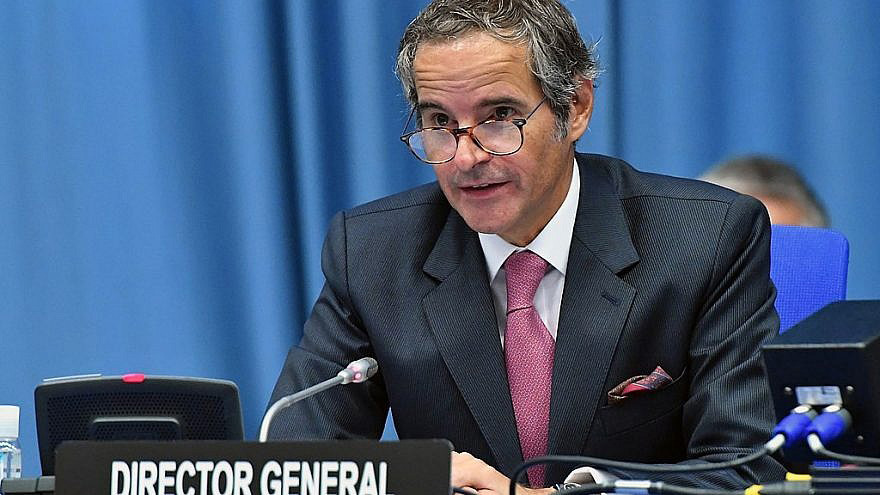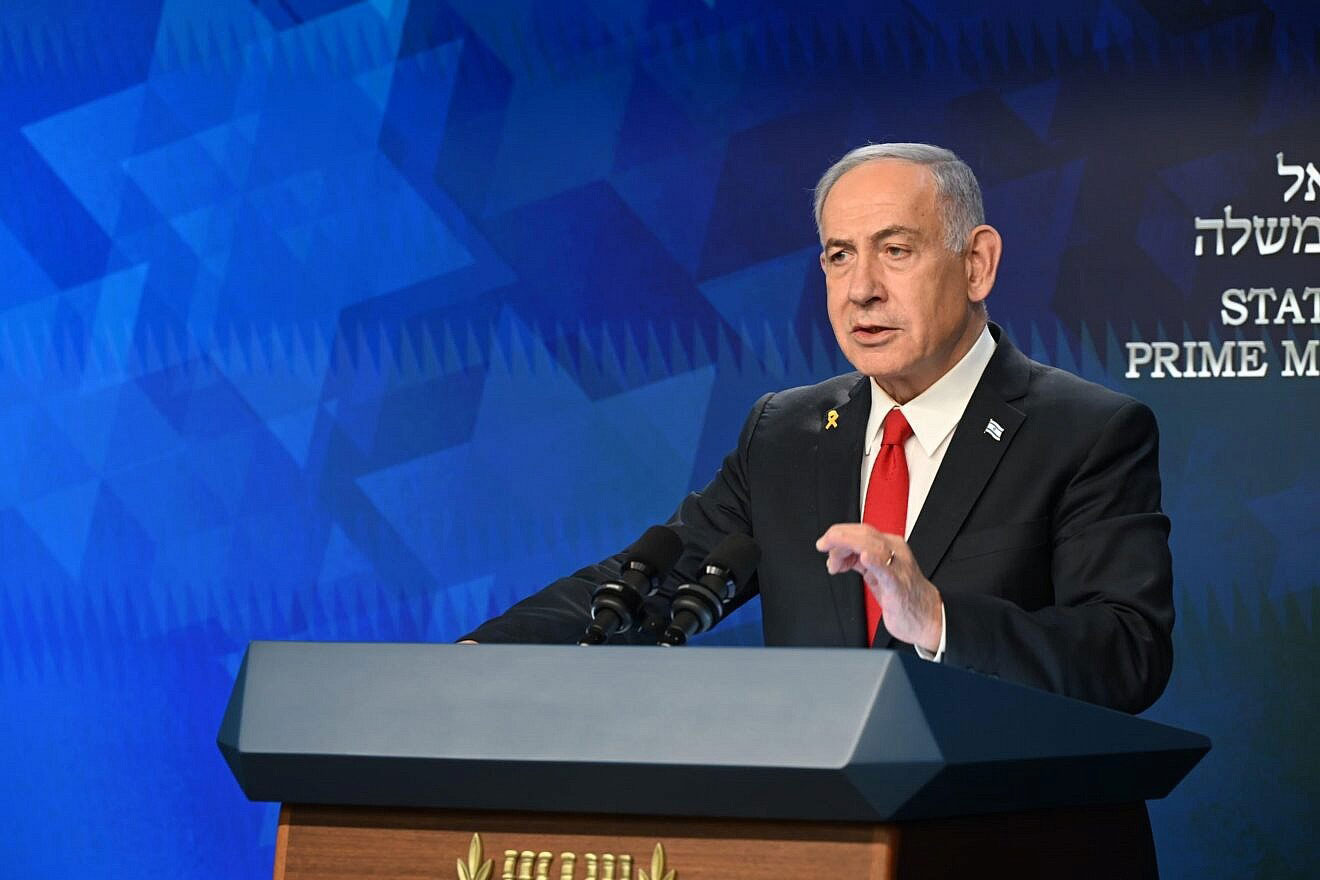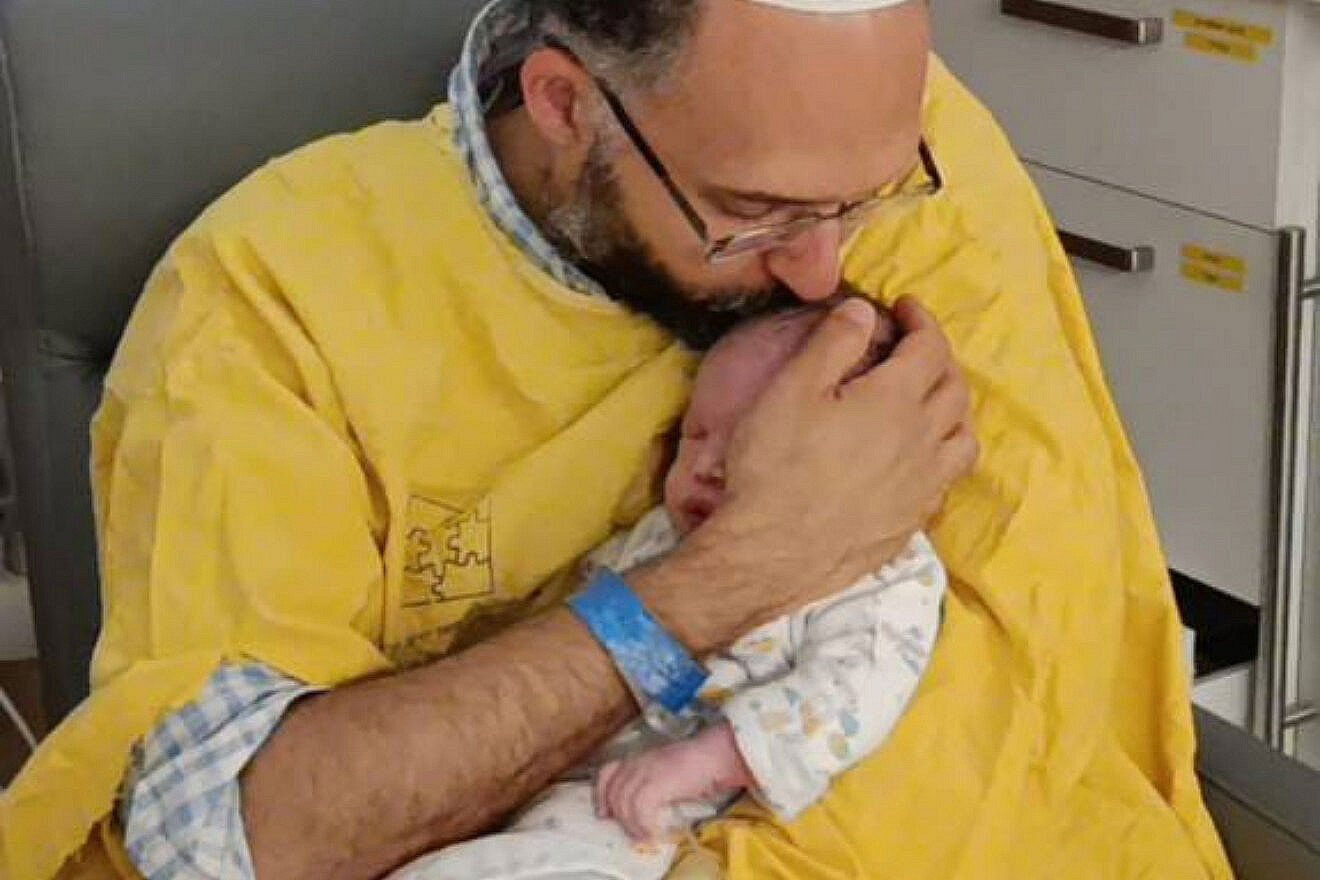Courtesy of JNS. Photo credit: Dean Calma/IAEA via Wikimedia Commons
IAEA Director-General Rafael Grossi at an IAEA Board of Governors meeting in Vienna, Sept. 14, 2020
(JNS) — International Atomic Energy Agency Director Rafael Grossi may travel to Iran in the coming days to discuss unresolved issues around Tehran’s nuclear program, Reuters reported on Wednesday.
Speaking at a news conference in Rome, Grossi also said he expects to work collaboratively with U.S. President-elect Donald Trump.
“We are already talking to colleagues in Iran for my next visit, maybe in a few days. We still have to confirm the time but this will be done,” he said, according to Reuters.
While the regime in Tehran has not confirmed the Grossi visit, they said that it would be welcomed and claimed that they are ready to cooperate with the IAEA on outstanding issues, according to the report.
During his first term in office, in 2018 Trump pulled the United States out of the 2015 JCPOA nuclear deal in favor of punishing sanctions on the regime in Tehran.
At an election rally on Tuesday, Trump said that he wants Iran “to be a very successful country,” but that it “can’t have nuclear weapons.”
Tehran has the capacity to produce nuclear weapons should it choose to do so, an adviser to Iranian Supreme Leader Ali Khamenei said on Nov 1.
“We now have the technical capabilities necessary to produce nuclear weapons,” Kamal Kharrazi told the Hezbollah-affiliated Al-Mayadeen outlet.
“Only the supreme leader’s fatwa currently prohibits it,” he said, referring to a religious ruling made by Iranian leader Ayatollah Ali Khamenei in the mid-’90s.
“If the survival of Iran comes under serious threat, we reserve the right to reconsider,” added Kharrazi.
In May, Kharrazi told the ISNA news agency that, “If the Zionist regime dares to damage Iran’s nuclear facilities, our level of deterrence will be different. We have no decision to produce a nuclear bomb, but if the existence of Iran is threatened, we will have to change our nuclear doctrine.”





